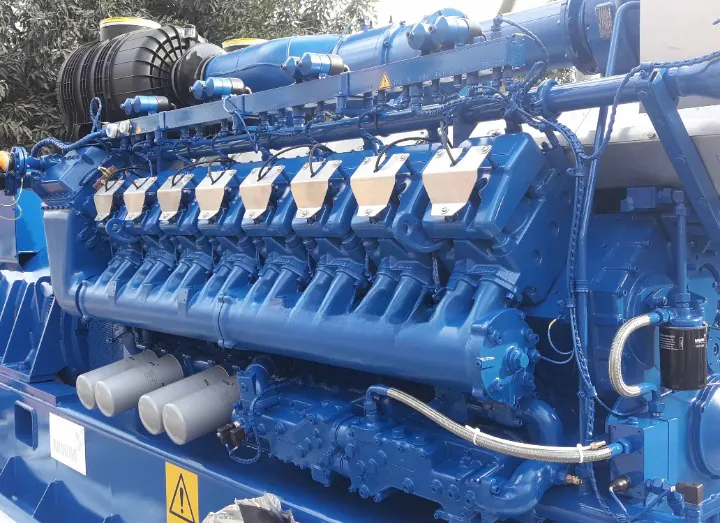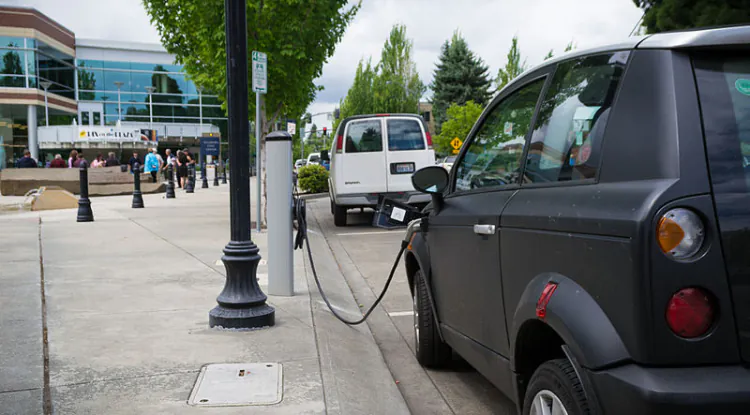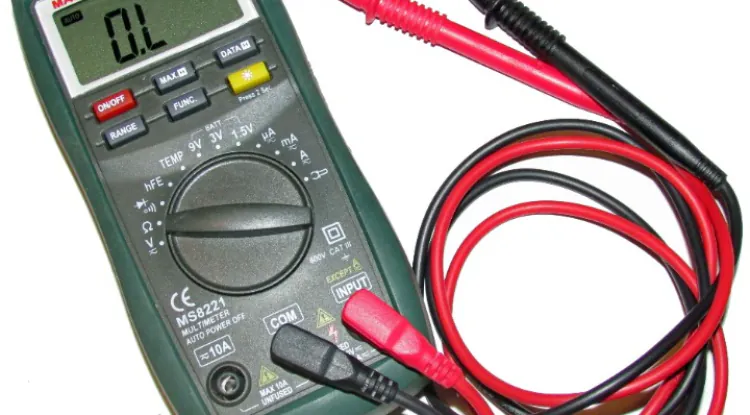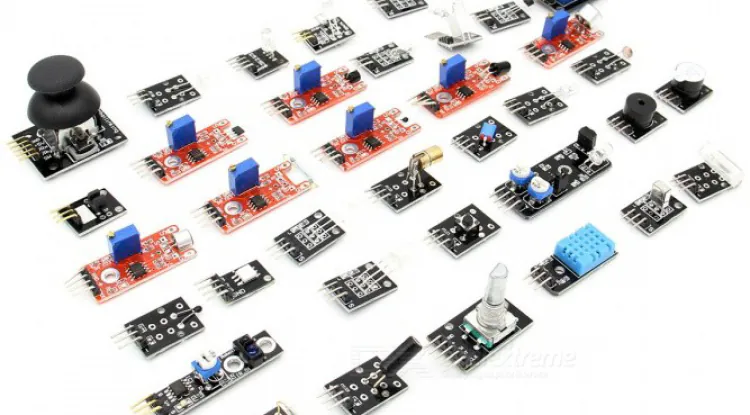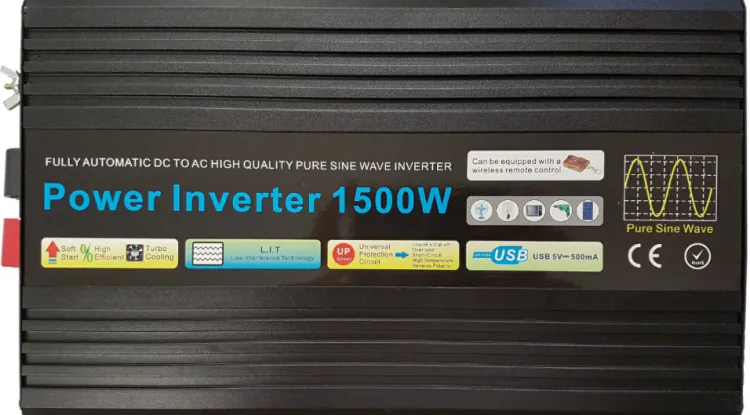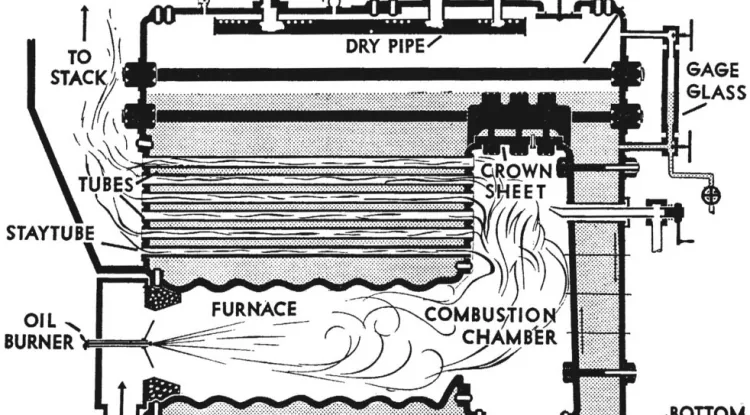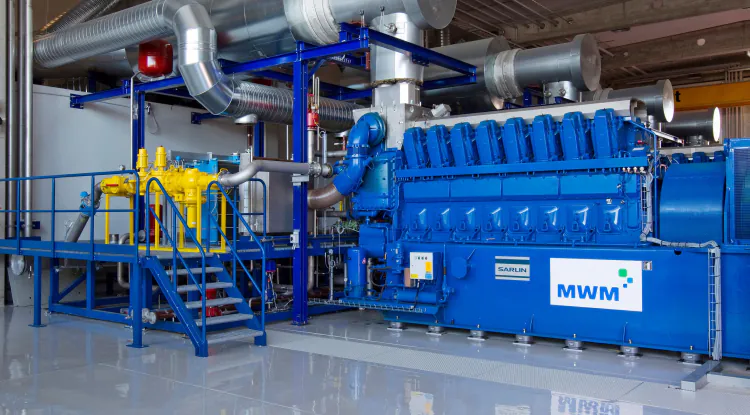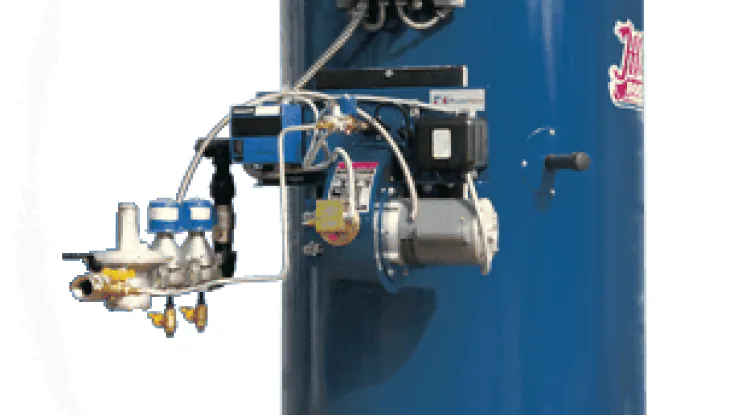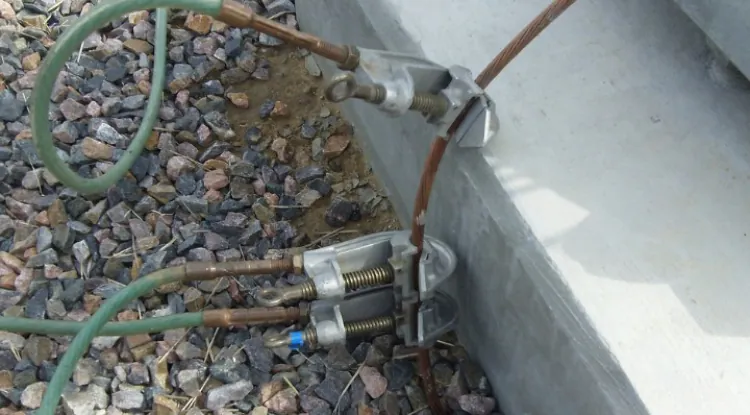Generators 101: Understanding the Basics of Power Generation
The Generator converts mechanical energy into electrical energy. For this reason, you have to make circular rotation by some external source that can rotate the generator alternator.
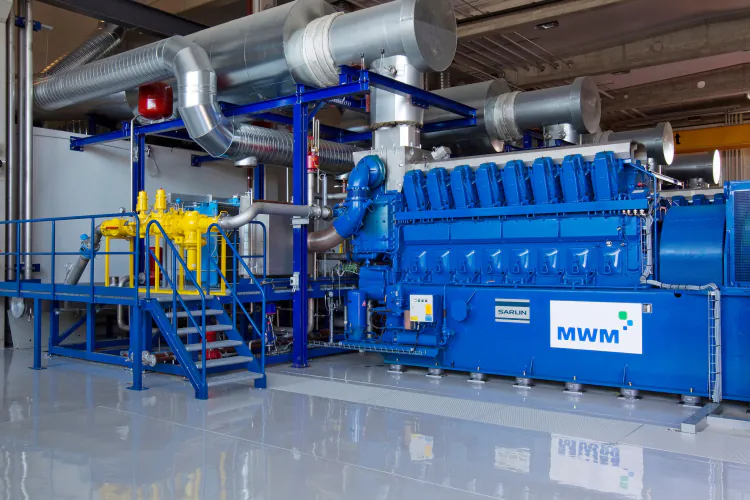
Power Generators play a crucial role in ensuring a steady and reliable power supply. You may have a backup generator at your home and business to run your home appliance and other things. Whether it's to keep the lights on during a blackout or to power essential equipment in remote locations, understanding the basics of power generation is key. The power we receive for a home to our nearest utility poll comes from power plants where different types and sizes of generators are available. Let's dive into the fascinating world of generators and unravel the principles that make them indispensable.
How do Generators Work?
The Generator converts mechanical energy into electrical energy. For this reason, you have to make circular rotation by some external source that can rotate the generator alternator. This process relies on the principle of electromagnetic induction, discovered by Michael Faraday in the early 19th century. To create external rotation we need to use another source of energy to run the generator alternator. Gas, Oil, and Coal are the main sources of an external source of power. As a generator's rotor spins within a magnetic field, it induces a flow of electrons, creating the electrical current that powers our homes, businesses, and industries.
Different Power Sources:
Generators can be powered by a range of energy sources, such as gasoline, diesel, natural gas, or even renewable options like solar and wind. You just need a conversion medium that can extract energy from all natural resources. In this case, Gas & Oil Engine, and Turbine are widely used all over the world. The choice of fuel often depends on factors like efficiency, availability, and environmental impact. The diversity of power sources allows generators to adapt to different needs and circumstances.
Types of Generators:
Generators always come in various shapes and sizes. Each is designed for specific applications. Portable generators offer flexibility and convenience during emergencies or outdoor activities. This type of generator size is small to medium. This type of standby generator seamlessly provides power during outages. The large-scale industrial generators, on the other hand, contribute to the backbone of infrastructure, ensuring continuous operations in critical sectors. This type of generator's size and capacity is much more than any portable generator.
Related:- MWM TCG2020V16K GAS Generators Brief Installation Guidelines
Synchronization and Load Management:
In complex power systems, multiple generators must synchronize their outputs to maintain a stable and efficient electrical supply. For this reason, 2 or more generators come to a common system where both can share load. Load management becomes crucial, ensuring that generators can handle varying demands without overloading or causing disruptions. Advanced technologies and smart systems play a vital role in achieving this delicate balance. For a Suncronizing system, there are a few conditions that need to be maintained. Both generator's Speen (RPM), Voltage (V), Frequency (Hz), and Phase Angle need to same to create a synchronizing.
Maintenance Matters:
Like any machinery, generators require regular maintenance to ensure longevity and reliable performance. This includes monitoring fuel levels, checking oil quality, and inspecting key components. Each generator comes with an engine that runs an alternator to generate power. So all engines need scheduled maintenance. Scheduled maintenance not only prevents unexpected failures but also optimizes efficiency, making generators a cost-effective investment.
Evolving Technologies in Power Generation:
As technology advances, so does the field of power generation moving ahead. Innovations in energy storage, artificial intelligence, and renewable energy integration are shaping the future of generators. Smart grids, coupled with intelligent generator management systems, promise enhanced efficiency and sustainability in the evolving landscape of power generation.
Generators are the unsung heroes behind our electrified lives. Understanding the fundamentals of power generation empowers us to appreciate their significance and make informed choices in utilizing these devices. Whether it's a small portable generator or a massive industrial-scale powerhouse, generators continue to light up our world. No matter what type of power and generator we use it has a significant impact on our climate. So we need to be more calculative about the use of electricity.
